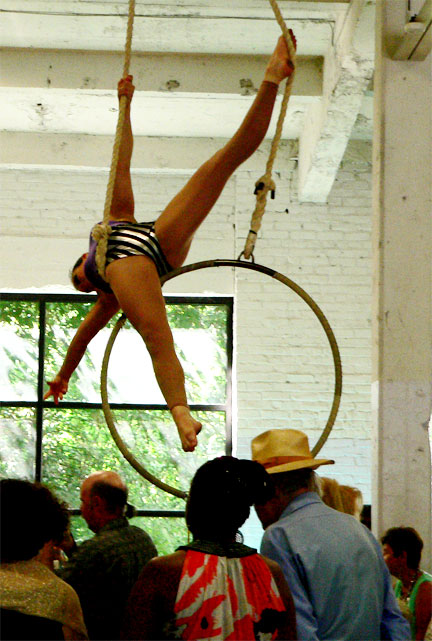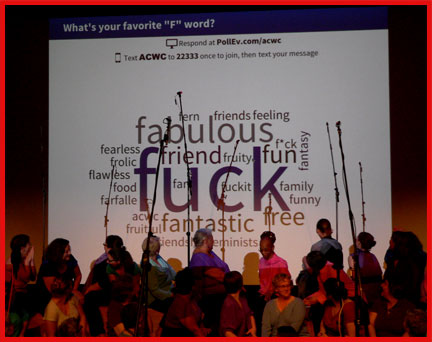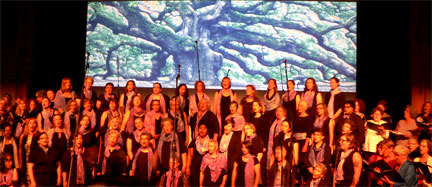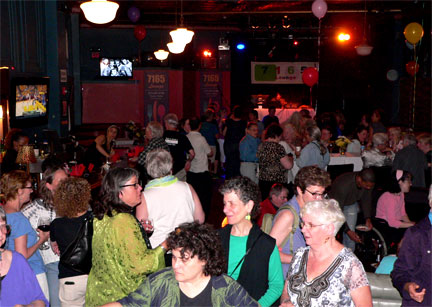originally in The Huffington Post
When I woke up and heard the news that 50 people in a nightclub were murdered by a gunman in Orlando, Florida my heart sunk. Then I heard that the club was gay and that the murderer was of Arab-American descent and publicly declared his allegiance to ISIS and my heart kind of caved in.
What can be said about such senseless violence? This is the kind of hatred that usually engenders further hatred.
One of the first things I heard on the news was the father being quoted about his son’s intense homophobia and the fact that the killing spree “had nothing to do with religion.”
Being the kind of person I am — I immediately thought it had everything to do with religion.
“People in churches and mosques need to think about what they are teaching,” I said to my partner over breakfast. “It’s not that different,” I said, “Christians, Jews, and Moslems have the same common ancestor Abraham who is in the Hebrew Bible.”
I read the Bible last year or so as research for a novel — and learned a few things about religion. I learned that modern culture is rife with biblical references. I also learned, to my surprise, that the Bible is not that anti-gay. I did find it to be extremely misogynist and violent, but I thought the anti gay parts were really taken out of context and greatly amplified. If you listen to Sarah Palin, for example, (who probably never read the actual Bible) you’d think the entire thing was an anti-gay tract.
My partner and I have been together for 31 years and you would think that there are no surprises, but I could tell she was impressed with my recently-acquired religious knowledge.
She is a deep thinker. “Of course it has to do with religion,” she replied. “Where do people learn about hate?”
Then I saw the photograph of the murderer (who was killed by authorities). To my mind, he looked gay. When I learned that he was married and had fathered a child or children, it still didn’t change my mind. There is a good chance that a man with that kind of rage inside him who specifically targeted a gay club and professed his repulsion at gay men holding hands and kissing on the street, was acting out in suppression of his deepest desires.
In full disclosure, I think far more people are gay who say they are gay. I have known more than a few gay men who specialize in straight married men. It works for these guys who don’t want to end up in a relationship. In fairness, I have known more gay men who are healthy enough to avoid men who identify as heterosexual. And through the years, I have rarely met lesbians who are interested in women who are married to men.
I’m not saying that all closeted gay people — or those who are bisexual and secretive — are gay bashers. But it is true that plenty of homophobic hate crimes, including murder, have been committed by men who can’t handle their own same-sex tendencies as was documented in American Honor Killings (2013, Akashic Books).
Granted there are also other issues at play here including gun control and the availability of automatic weapons colliding with mental health issues.
In the interest of not responding to hatred with hatred, I immediately thought of the fact that we are a human family. We have more in common than not and often there is considerable overlap between identities. I spent the day reading Guapa, a novel by Saleem Haddad (Other Press; New York; 2016).
In the novel, a man just under thirty living in an un-named middle eastern country, falls in love with another man and is walked in by his conservative grandmother with whom he lives.
The narrator is not from a religious family but he is grappling with homophobia in a deeply religious culture that includes check points, revolution, and a deep connection to family.
When the narrator reflects back on his adolescence, he gives voice to the same sentiments, unfortunately, that most young people feel regardless of their country of origin:
“I was different from everyone else.
I was doomed to be alone.
I was going to spend eternity rotting in hell.”
The narrator attends college in America — where he also grapples with homophobia and what he describes as his “Arabness” and all that that entails.
When he comes back to the Middle East and moves back in with his grandmother who raised him, he finally falls in love only to face more struggles. The narrator writes of his lover:
“He was right when he told me once that he had one foot in and one foot out. It was a balancing act, and he navigated it so effortlessly. But I was his one foot out, wasn’t I? In fact, he made sure I never met his mother. He introduced me to his father once, a few years ago at the wedding of his distant cousins. I remember being surprised at how tall his father was, but like Taymour he was very handsome.”
Judging from my reaction to the Orlando massacre, if I ever had any doubt, the LGBTQ community is home to me. I agree with President Obama when he said that gay clubs are meant to be safe spaces. I remember the days when gay clubs were not out in the open and when people of the same sex did not dare to hold hands in public.
It doesn’t matter that I haven’t been in a gay club in a good ten or fifteen years. It doesn’t matter if those murdered were all young people who I most likely would have never met. I grieve for them and their families.
The massacre is an American tragedy. It is a nightmare for the LGBTQ community. And it is a problem for people of faith. I was raised secular, but in recent years became a Unitarian Universalist — a faith that really does embrace all people, including those of us who are LGBTQ.
Being part of a religion occasionally puts me in contact with people from other religions who are not so welcoming. I usually don’t mind when I am the LGBTQ spokesperson — and I do understand that being myself and being out can change hearts and minds.
Religion is still evolving. I am sometimes astounded that traditional religions are changing at all — such as the time I drove by a church in my neighborhood and did a double take at a “Happy Pride” sign outside. But other times, I am appalled that many religions are not changing fast enough and the young people raised in them feel compelled to leave.
As we can see from the Orlando massacre, religion is not, in fact, changing fast enough for young people and their families who are found in all religions and denominations.
Where does hatred come from?























